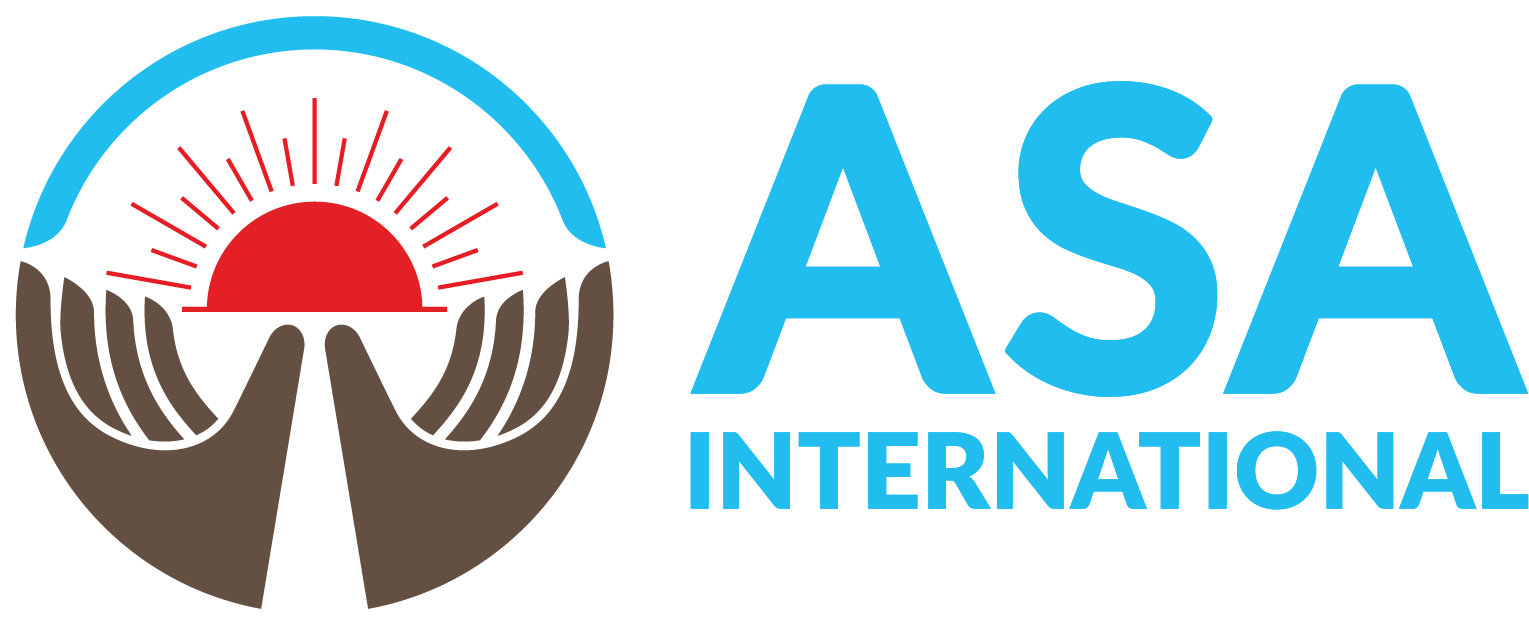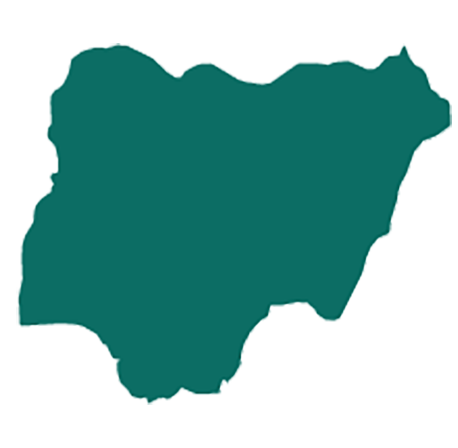As a necessary replacement of a 20-year-old hand-dug well, that could only be used for washing (not drinking) and occasionally dried up, ASA Nigeria sunk a borehole in the Olgun community in 2018, generating access to clean drinking water for approximately 600 people.
The new borehole has five taps, which improves community relations, according to the Village Head Alhaji Kabiru Olokodana. “There is now less queueing and fewer arguments about entitlements, resulting in more peace”.
To build upon this innovation, the Village Head, also a member of the PMC, decided to connect a water reservoir tank to the new borehole, allowing water to flow freely to the community toilet facility. This practice enables solid waste management and discourages commonly practised open defecation, a large issue in rural communities with adverse health effects.
The case of the Olugun community demonstrates how the project also has unforeseen positive impacts.


